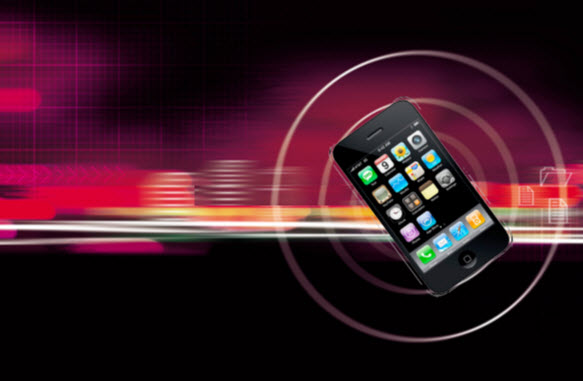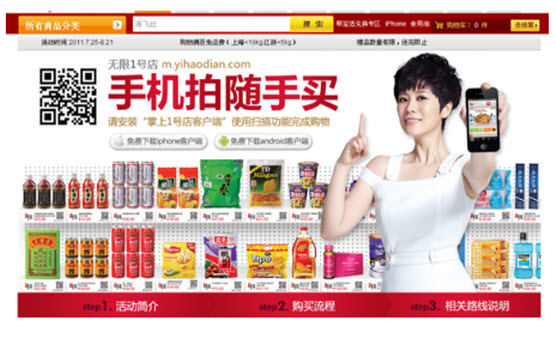SouthStart Communities selects Hipcricket for mobile marketing initiative
Hipcricket, the mobile marketing subsidiary of Augme Technologies, has been selected by SouthStar Communities, a real estate development company serving Texas and North Carolina, for a new marketing campaign. The realtor will be tapping into Hipcricket’s AD LIFE platform, which will allow it to develop mobile websites and make use of QR codes for various advertising purposes. QR codes have long been a powerful marketing tool amongst U.S. realtors. Indeed, the real estate industry played a major role in bringing the codes to the U.S. and helped make them popular.
Hipcricket platform to be used to build mobile sites and manage QR codes
SouthStar Communities has taken note of a significant increase in website traffic coming from mobile devices, suggesting that more consumers are becoming reliant on their mobile devices when shopping for new homes. In order to tap into this market, the realtor is looking to make use of Hipcricket’s services to help build websites that are optimized for viewing on mobile devices. QR codes will be used in various print advertisements and on signage for new homes.
QR codes may help realtor reach out to consumers
When consumers find these QR codes and scan them with their mobile device, they will be able to find information concerning a particular home or be granted the ability to browse SouthStar Communities’ extensive property database. In both cases, consumers will be directed to a mobile website where they can find the information that they want. Hipcricket will provide the resources that the realtor needs to make this campaign a reality and will also provide the company with a way to track the performance of its QR codes and other mobile marketing initiatives.
QR codes continue to hold favor with real estate industry
QR codes are among the most popular mobile marketing tools available today. The real estate industry is well versed in the use of the codes, having been one of the first industry’s in the U.S. to make extensive use of them. The codes have served the industry well, proving popular amongst consumers and providing realtors with a way to stay engaged with potential home buyers no matter where they may be.


